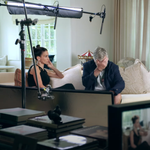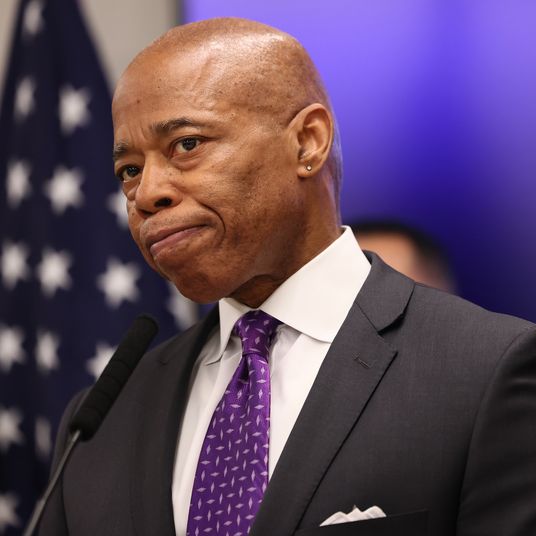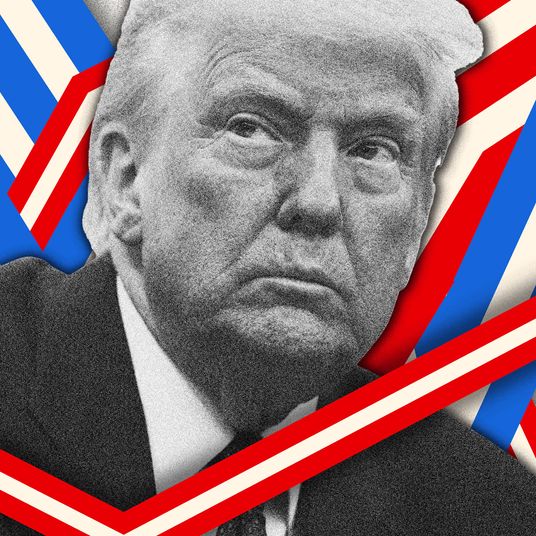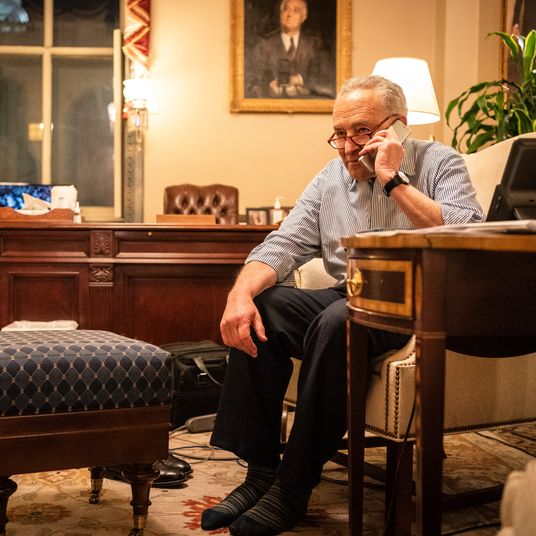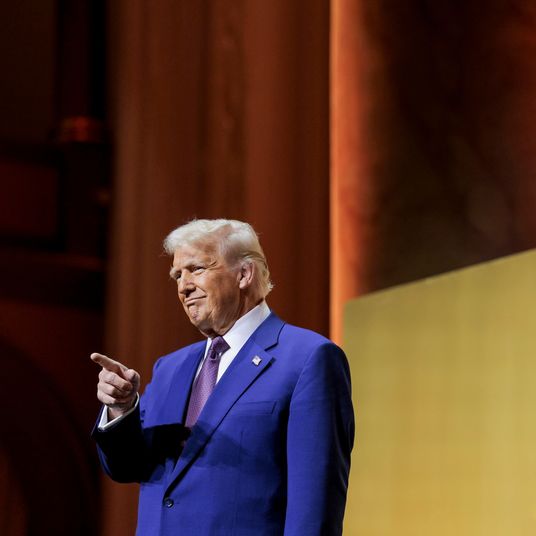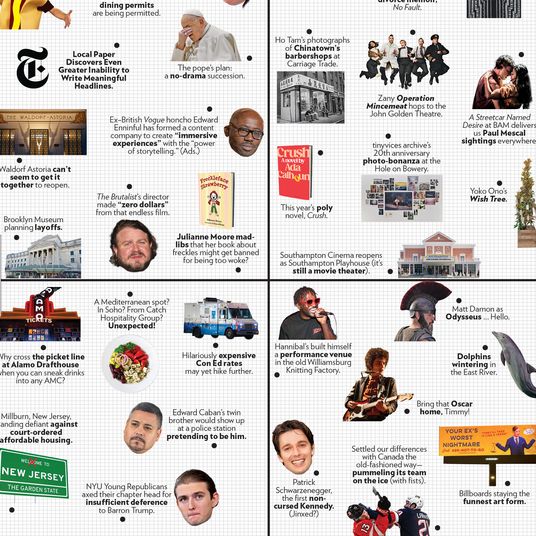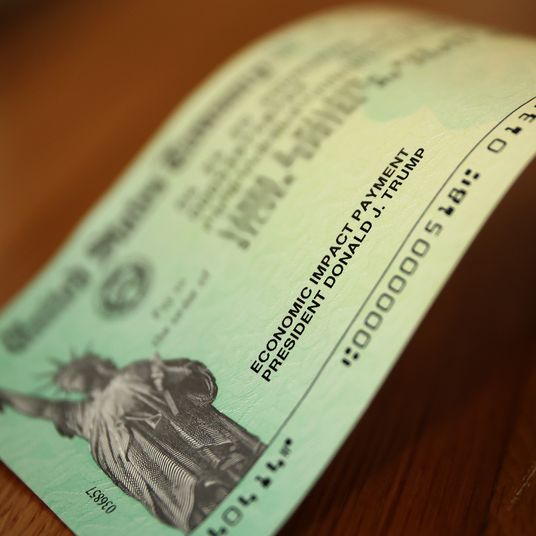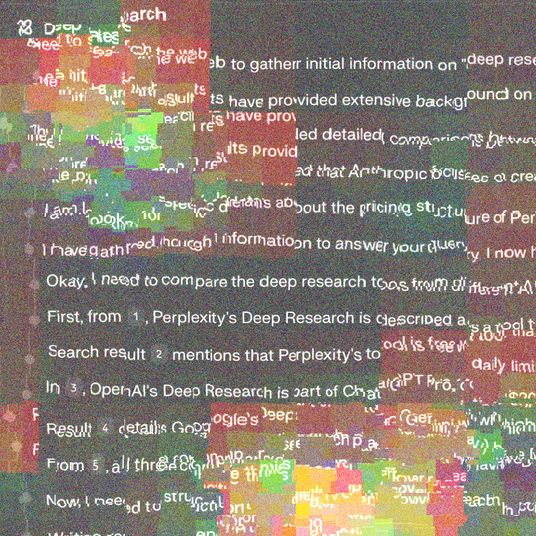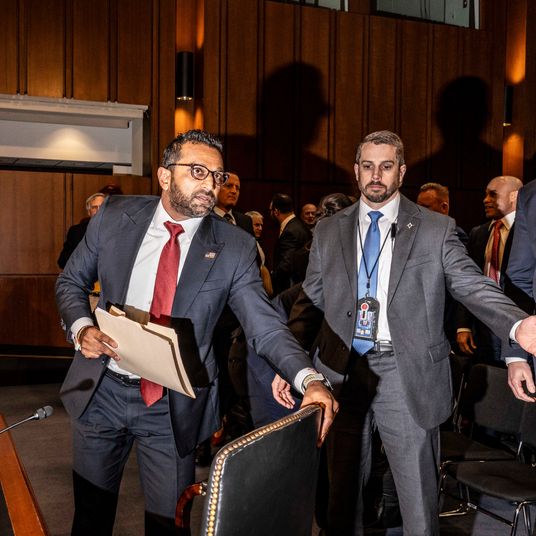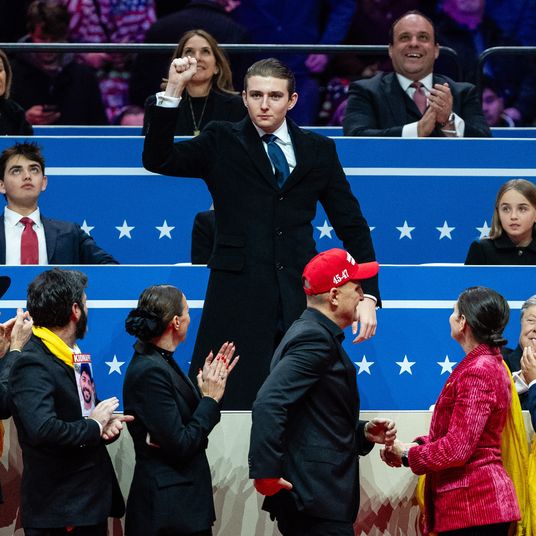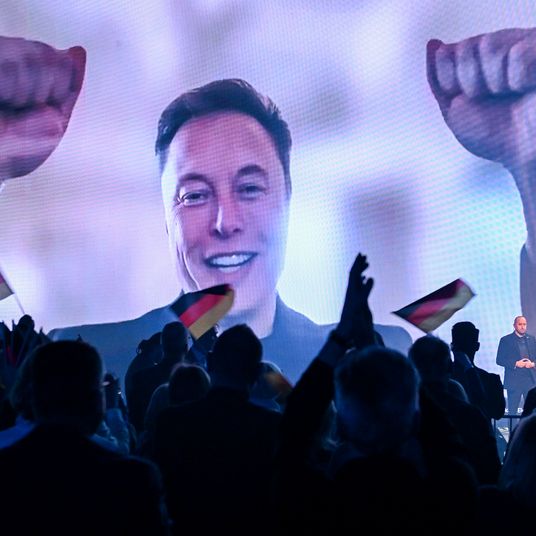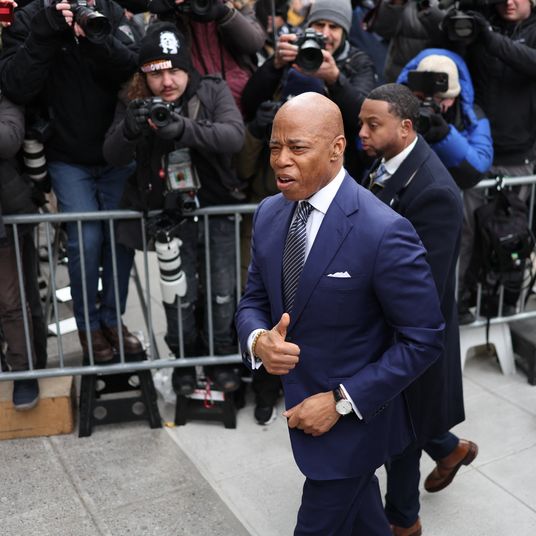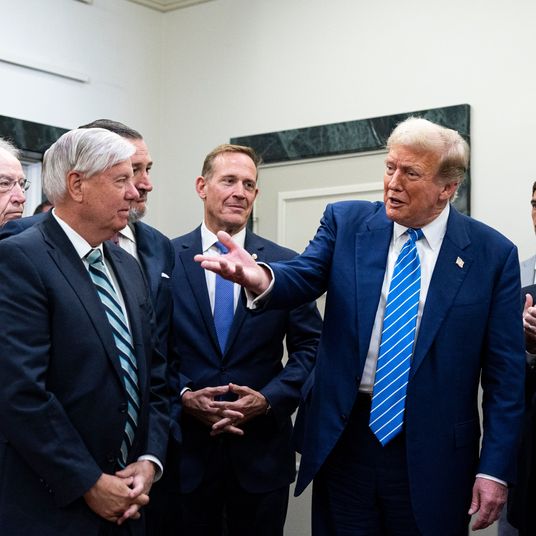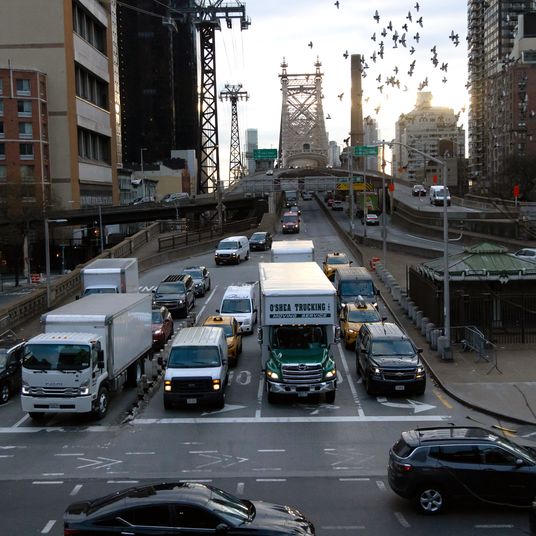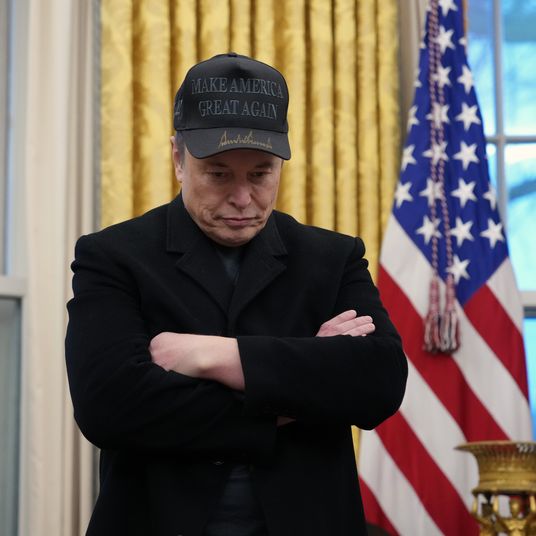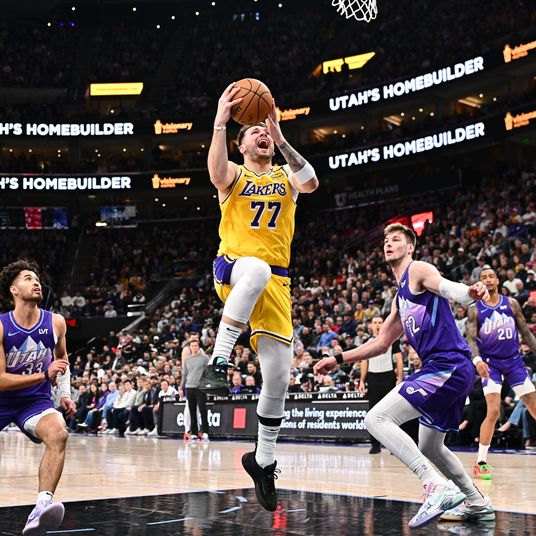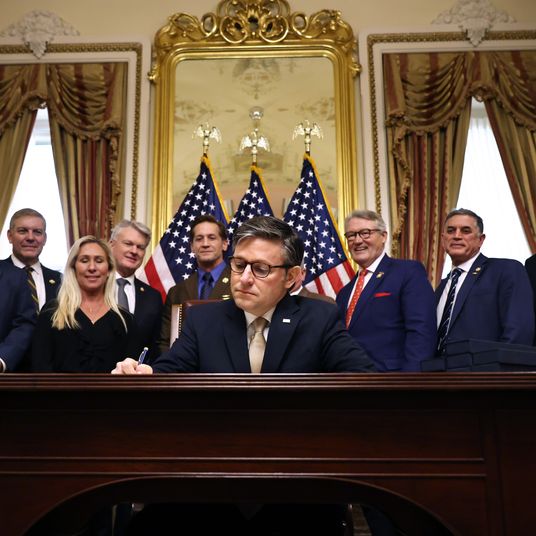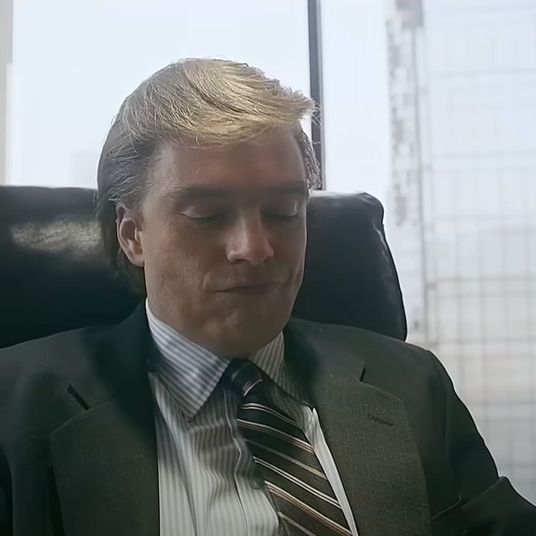
Governor Kathy Hochul has answered the toughest question in New York politics — she will not remove Mayor Eric Adams from office. “My strong belief is that the will of the voters and the supremacy and sanctity of democratic elections preclude me from any other action,” she said.
Her announcement is a major disappointment to her critics on the left and even some of the mayoral contenders who were hoping for Adams to be dumped. But Hochul had to tread carefully in a mayoral election year, even with pressure mounting on her to take more dramatic action. Instead, she will move to create a new state deputy inspector general dedicated to New York City and establish a fund for the city comptroller, public advocate, and City Council speaker to hire outside counsel to sue the federal government if the mayor won’t. She also wants to boost funding for the state comptroller to monitor the city and impose a new rule that would bar Adams from firing the head of the city’s Department of Investigation without the approval of the state inspector general. These special provisions, which she said should expire at the end of the year, would need legislative sign-off. She also reserved her right to remove Adams from office, just not “at this time.”
Adams was indicted on federal corruption charges in September, and Hochul weighed whether to exercise her gubernatorial power to remove him from City Hall then. She balked, bowing to opposition from Black political and clergy leaders who wanted the city’s second Black mayor to get his day in court. That day never came. Instead, the Trump Justice Department dropped the charges, asserting that it was more important for Adams to cooperate with President Trump’s deportation regime. The mayor had spent more than a year lashing Joe Biden for his immigration policies and cozying up to Trump. The DOJ’s move to dismiss the charges was a blatant quid pro quo and demonstrated, to an extraordinary extent, how much power the Trump administration now wielded over Adams.
Acting U.S. attorney Danielle Sassoon resigned, along with several top lawyers at the DOJ. Shortly afterward, four deputy mayors announced their resignations, plunging City Hall into a genuine governing crisis. These deputy mayors had been elevated by Hochul herself after Adams was indicted. She played a direct role in reconstituting the city government following the rash of investigations and indictments of close Adams aides. There was a good argument to make that Adams, as mayor, had finally become untenable.
Instead, Hochul will take the middle path — and as satisfying as it might have been to see Adams marched out of City Hall, she can’t be blamed for not becoming the first governor in New York history to forcibly remove a city mayor. It’s an election year with a Democratic mayoral primary set for June. If Adams stepped down or was forced out before March 26, a special election would have been called, with Jumaane Williams, the public advocate, as acting mayor. This would have been chaotic and expensive. New York can survive ten more months of Adams. Given his horrendous job-approval ratings, he is unlikely to win in June. But even if he were more popular, the voters, this close to an election, should get to decide his fate.
Another rationale for Hochul’s decision is Andrew Cuomo. The disgraced former governor is plotting a comeback and has signaled he’d enter the mayoral race next month. A special election would have been his dream scenario. In a short time frame like that, his name recognition may have carried the day, along with his rivals’ limited window for attacking him. Cuomo, too, is chasing many of the same voters that make up Adams’s base: Black and Latino working-class Democrats in the outer boroughs, along with Orthodox Jews. Cuomo can still win with Adams in the primary, but his path is rockier. Adams won’t hesitate to bash Cuomo, and he’ll lean hard on Black clergy leaders to stay in his camp.
Hochul, too, must think about voters. Next year, she faces a challenging reelection fight, both in the primary, potentially against Representative Ritchie Torres, and in the general election, where she could face Mike Lawler, the popular Republican congressman from the Hudson Valley. To win, she’ll have to consolidate her base in New York City, and that means courting voters who either like Adams or at least don’t want him pushed out against his will before the end of his term. Hochul would love nothing more than for men like Reverend Al Sharpton and Gregory Meeks, the influential Queens congressman, to form a united front for her reelection campaign. Keeping Adams around makes that much more possible. What Hochul wants, most of all, is a long political future.
More on mayor adams
- The Eric Adams Legal Drama Goes Into Overtime: Live Updates
- Eric Adams Is Not a Free Man
- The Justice Department’s Existential Crisis Is Self-Inflicted


